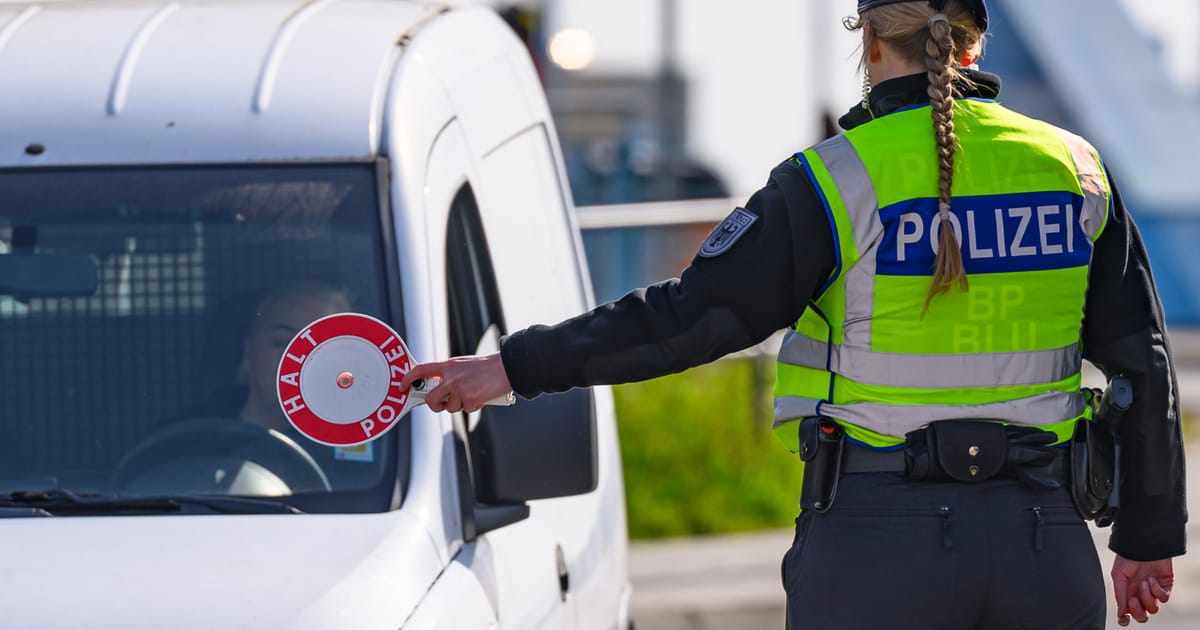Except: Even as it prepares to host celebrations for the borderless travel treaty’s 40th birthday, Luxembourg is once more losing sleep over border controls.
As of June this year, 11 of the Schengen Area’s 29 countries — including Austria, France, Germany, Italy and the Netherlands — had notified the European Commission of plans to reintroduce border controls. Ten of them announced the controls over a period of six months, while several of the countries’ checks were just the most recent extension of a long stretch of back-to-back controls.
Schengen is “melting before our eyes,” said Spanish Member of the European Parliament Juan Fernando López Aguilar, a Social Democrat.
When EU countries, one by one, shuttered their borders during the coronavirus crisis in an ultimately successful attempt to keep Covid from rolling over the continent, López Aguilar led a charge to reboot the EU’s free-travel zone.
But “things have deteriorated severely from the pandemic onward,” according to the Spaniard. In their plans to tackle migration concerns, countries have started resorting to internal controls “far too often,” he said.
Germany, too, cited “serious threats to public security” caused by illegal migration when it imposed checks on all its borders last year. When Friedrich Merz became chancellor, Germany doubled down on those controls.
